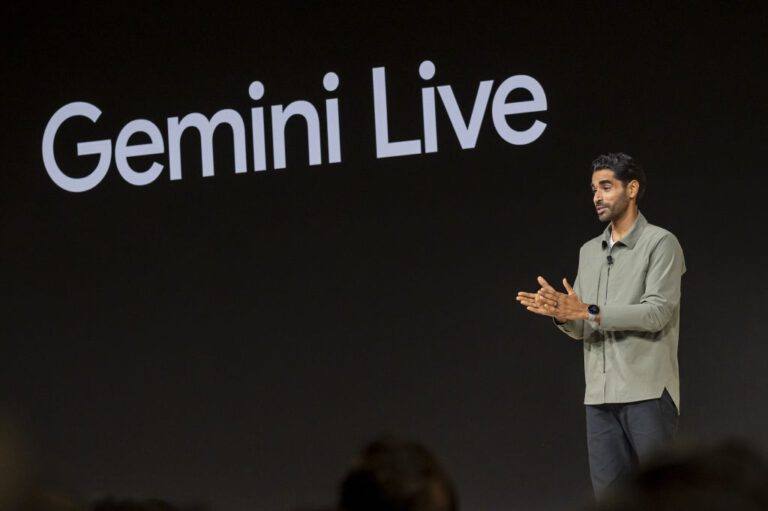Meta’s Ambitious AI Strategy Faces Investor Skepticism Amid Heavy Spending
In a bold push into artificial intelligence, Meta is investing heavily in infrastructure, with projections indicating up to $600 billion earmarked for U.S. developments over the next three years. However, this aggressive financial commitment is raising alarms on Wall Street, particularly after the company’s recent earnings report revealed a staggering $7 billion increase in operating expenses and nearly $20 billion in capital expenditures year-over-year.
During a recent earnings call, CEO Mark Zuckerberg emphasized that the company’s heightened investments in AI talent and infrastructure are essential for future growth, asserting the need to develop advanced computing capabilities. “Our goal is to accelerate our compute resources to enhance both our AI research and core operations,” Zuckerberg stated, hinting at a vision that includes groundbreaking AI models with unique capabilities.
Despite these ambitions, investor confidence took a hit, with Meta’s stock plummeting 12% following the earnings announcement, equating to a loss of more than $200 billion in market capitalization over recent days. Analysts expressed frustration over the lack of clear revenue pathways from these substantial investments, especially as Meta seems to lack a well-defined budget or product offerings to support its financial forecasts.
Key Points:
– Meta’s operating expenses up by $7 billion year-over-year.
– The company is developing two major data centers to support its AI initiatives.
– The stock market reacted negatively, sinking 12% post-earnings call.
– Analysts question the return on investment, as no substantial revenue is evident from the AI expenditures.
– Zuckerberg highlighted future products and AI enhancements but provided no immediate solutions.
While other tech giants like Google and Nvidia continue to thrive despite similar investments in AI, Meta faces unique challenges due to its in-progress shift in strategy. Notably, the company’s Meta AI assistant, boasting over a billion active users, has yet to establish itself as a serious competitor to other prominent AI models like ChatGPT. This raises questions about the efficacy of Meta’s current approach.
The potential for high-impact products remains, with anticipation around the Vanguard smart glasses and ongoing developments from the newly formed Superintelligence team. However, with no confirmed offerings on the immediate horizon, the pressure is mounting on Meta to deliver compelling solutions that justify its extensive spending in the AI domain.







